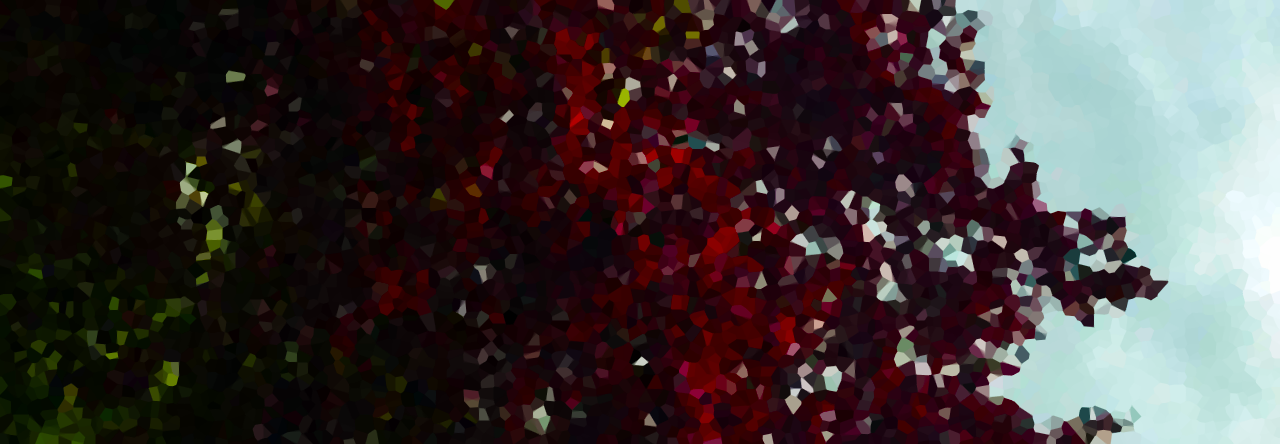Jeffrey Heath
Dali, On His Deathbed, Dreams of Lorca (w/ Olives)
There is a bull here in the olive groves
Here, a toreador, blindfold and crown.
Darkness aimed toward sky
awash with bullets
Butterflies bead and break apart
A body falls like fruit from a tree
split and nectar spilt
by hummingbird rushes
This is what satisfies me still
“Ole” the brush shouts
“Ole” the skin whispers
I imagine the gunshots in you
an explosion of roses churning
blooming red
multi-layered and spiraled
a flowering gut surrounded
by invisible men
Twinned images
my hands hover at your waist
the taste of olives on my tongue
Consummate or not, our bodies are one
even after the long death
even after I have forgotten you.
Now I am the sex and death of you
but in your death
all I have is the shock of you.
Locusts echo in my skull
spreading news of my illness.
Here the olive becomes the nipple erect
the basket of bread broken by war
lengueta de la mariposa
la langue du papillion
tasting the nectar
chasing the swallow’s tail
You are my catastrophe
Click here to read more of the current issue!
Click here to read last month’s issue, featuring Garrett Speller!
Click here to view links to every issue, searchable by month and author!
